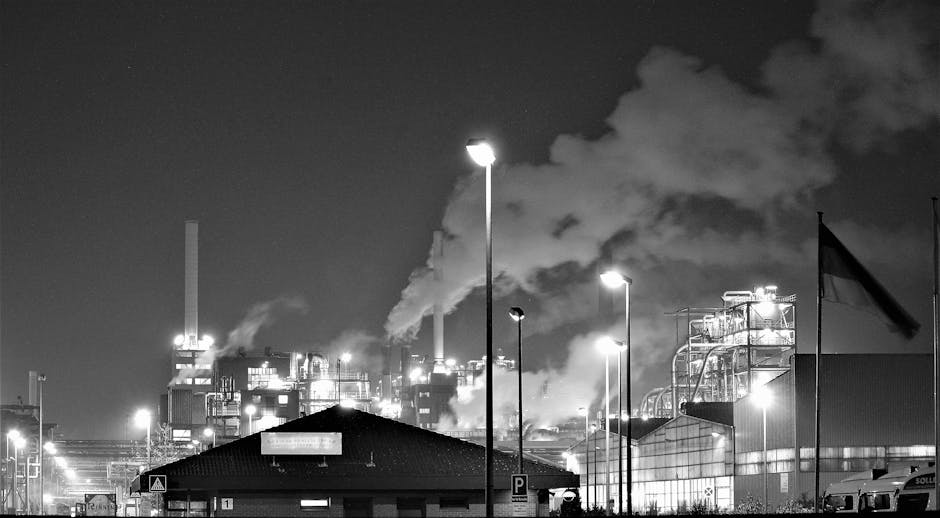Global warming, a phenomenon caused by the excessive emission of greenhouse gases into the Earth's atmosphere, has emerged as one of the most pressing environmental challenges facing our planet today. The consequences of this unchecked rise in global temperatures are far-reaching and threaten to disrupt ecosystems, destabilize weather patterns, and potentially render vast regions of the Earth uninhabitable.
**Causes of Global Warming**
The primary culprit behind global warming is the burning of fossil fuels such as coal, oil, and natural gas. These activities release significant amounts of carbon dioxide and other greenhouse gases into the atmosphere, trapping heat and leading to a progressive increase in global temperatures. Other contributing factors include deforestation, agricultural practices, and industrial processes.
**Impacts of Global Warming**
The effects of global warming are already being felt around the world. Rising sea levels pose a major threat to coastal communities, eroding beaches, flooding low-lying areas, and displacing millions of people. Extreme weather events, including hurricanes, floods, droughts, and heat waves, are becoming more frequent and intense. These events can cause widespread damage, loss of life, and economic devastation.
**Consequences for Ecosystems**
Global warming is disrupting ecosystems on a massive scale. Coral reefs, essential for marine biodiversity, are facing widespread bleaching due to rising ocean temperatures. Changes in precipitation patterns are altering the distribution of plant and animal species, leading to habitat loss and biodiversity decline.
**Health Implications**
The health impacts of global warming are also significant. Extreme heat events can lead to heatstroke, dehydration, and other life-threatening conditions. Air pollution, exacerbated by global warming, contributes to respiratory problems, cardiovascular disease, and even premature death.
**Mitigation and Adaptation**
Addressing global warming requires a multifaceted approach involving both mitigation and adaptation strategies. Mitigation efforts focus on reducing greenhouse gas emissions by transitioning to renewable energy sources, improving energy efficiency, and promoting sustainable practices. Adaptation measures aim to help communities and ecosystems cope with the unavoidable impacts of climate change, such as building seawalls to protect against rising sea levels and developing heat-resistant crops.
**Conclusion**
Global warming is a serious threat to our planet and its inhabitants. The consequences of unchecked climate change are far-reaching and potentially irreversible. It is crucial that we take urgent action to reduce greenhouse gas emissions and mitigate the impacts of global warming. By working together, we can create a sustainable future for our planet and ensure the well-being of generations to come.

